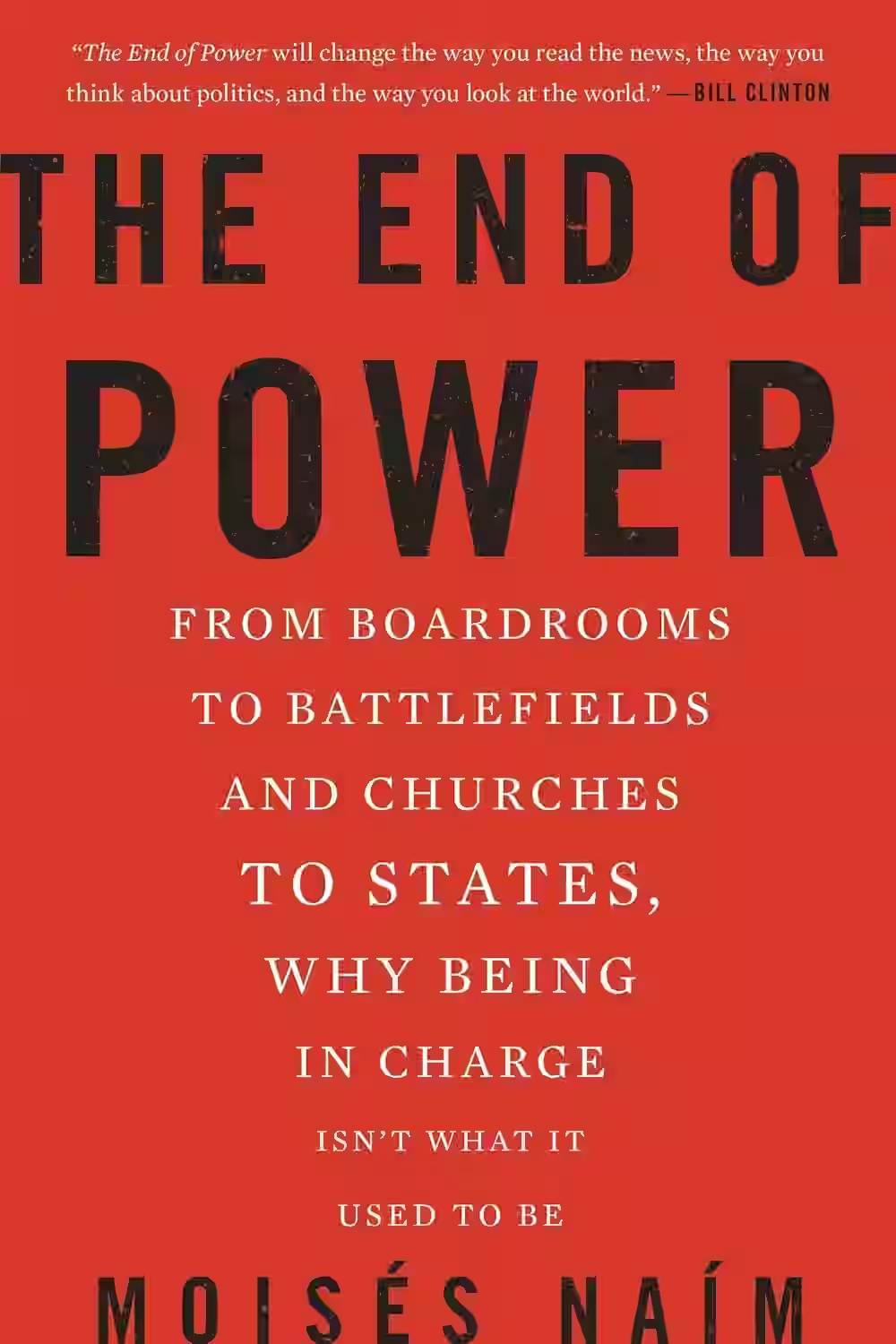
Naím explores a global shift in how power is acquired, wielded, and lost. He argues that power is becoming more widespread but harder to maintain, as traditional institutions lose influence to smaller players and individuals. Through examples in politics, business, military, and religion, Naím shows how the erosion of hierarchy and the democratization of influence are reshaping society. This book challenges assumptions about leadership and authority in the 21st century. As the inaugural selection for Mark Zuckerberg’s book club, The End of Power offers a thought-provoking look at the fragmentation and volatility of modern power structures.
About Moisés Naím
Moisés Naím is a Venezuelan author, economist, and former Minister of Trade and Industry. He served as editor-in-chief of Foreign Policy magazine and is a distinguished fellow at the Carnegie Endowment for International Peace. Known for his global perspective and incisive commentary on international economics and politics, Naím has written extensively about globalization, corruption, and power dynamics. His bestselling book The End of Power examines how traditional forms of power are weakening in today’s world. Naím is a frequent speaker and media contributor, recognized for translating complex geopolitical shifts into accessible, thought-provoking insights for policymakers and general readers alike.
Similar Books
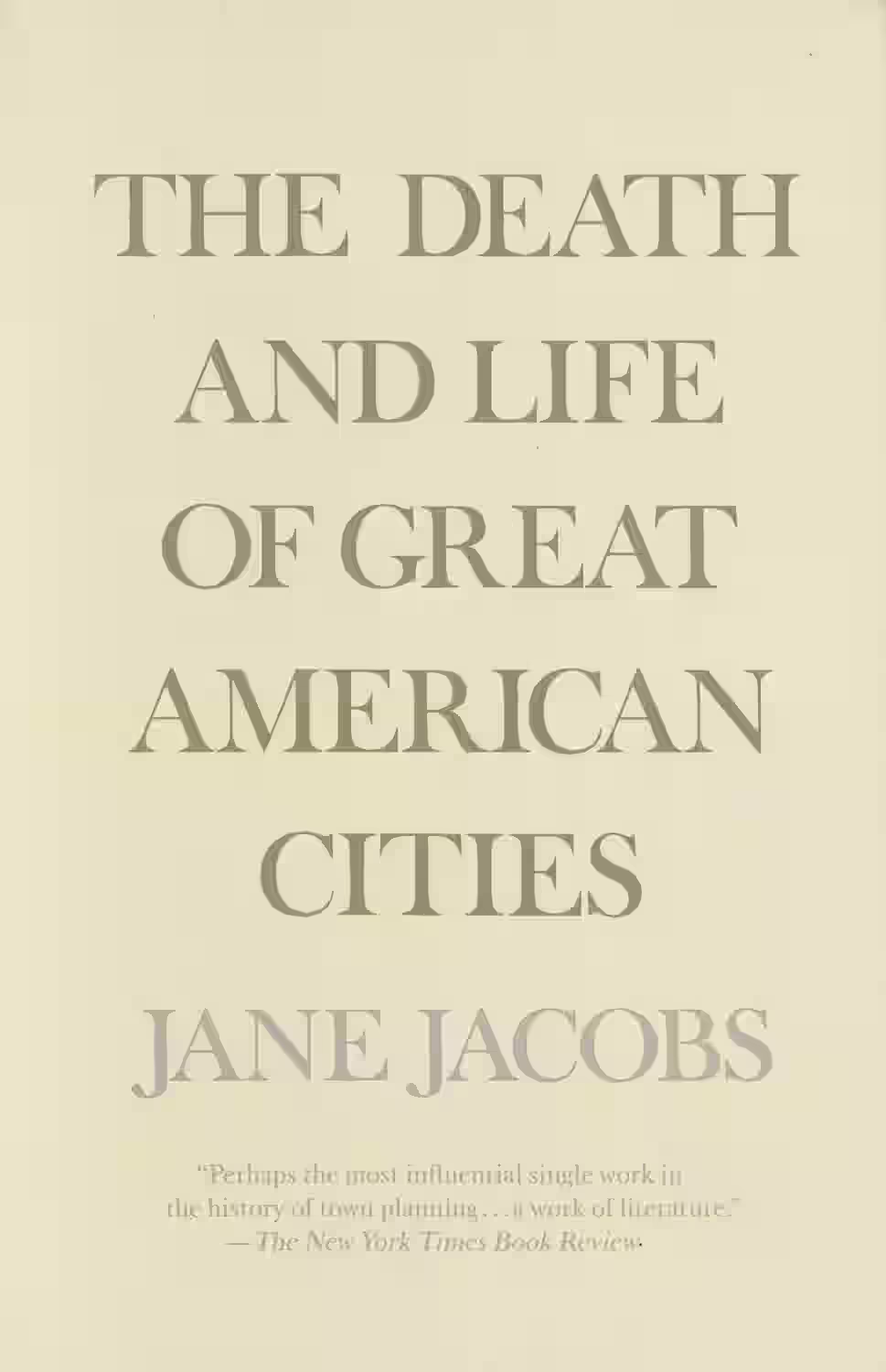
The Death and Life of Great American Cities
by Jane Jacobs
In 'The Death and Life of Great American Cities,' Jane Jacobs revolutionizes urban planning with her groundbreaking critique of urban renewal policies. Jacobs challenges the conventional wisdom of her time by advocating for diverse and vibrant neighborhoods that prioritize safety, walkability, and community engagement. Through meticulous observation and analysis, she presents a compelling argument against top-down urban planning approaches and champions the organic evolution of cities. Her work continues to shape contemporary urban planning discourse, inspiring a more people-centric approach to city design. 'The Death and Life of Great American Cities' remains a seminal text that redefines our understanding of urban life.
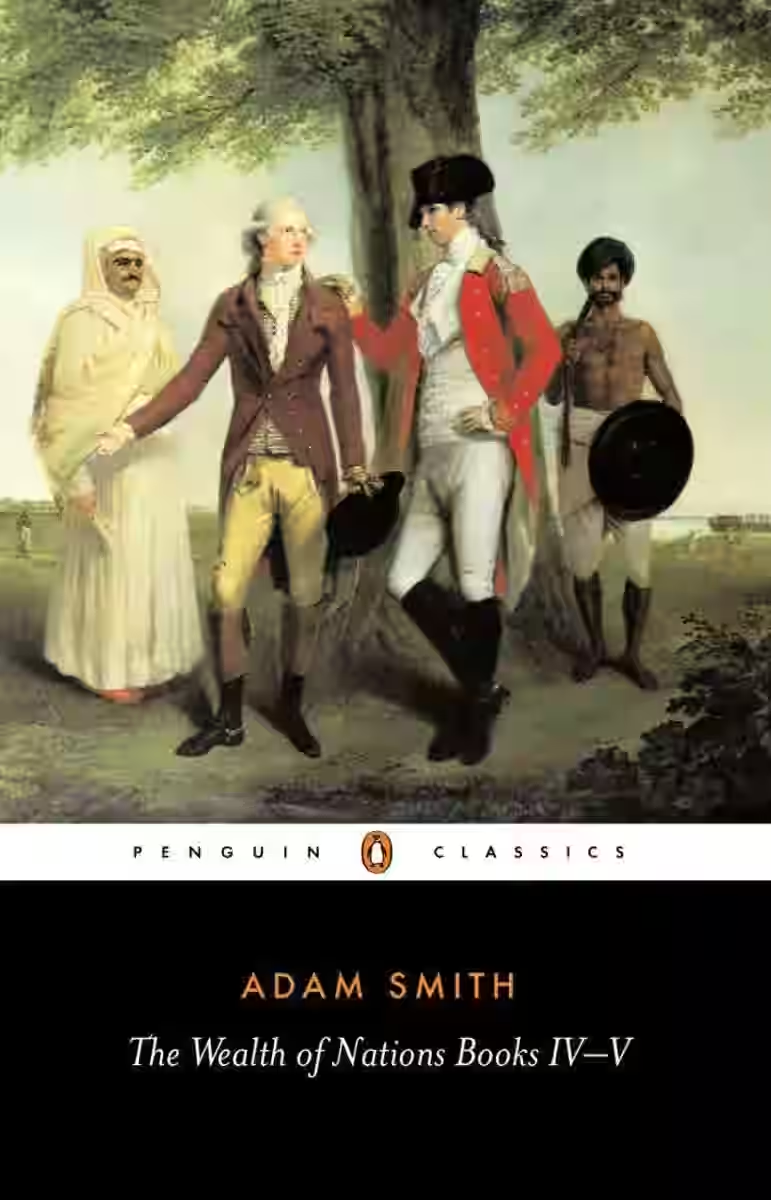
The Wealth of Nations: Books IV-V
by Adam Smith
Series: The Wealth of Nations (#2)
Books IV–V of The Wealth of Nations critique existing economic policies and propose a framework for limited but essential government intervention. In Book IV, Smith dissects the mercantile system, rejecting trade restrictions and monopolies while advocating for free trade. He critiques colonialism and tariffs, favoring open markets. Book V addresses the role of the state in education, justice, defense, and infrastructure—functions Smith sees as necessary for a stable, prosperous society. These volumes balance his case for laissez-faire economics with the need for public investment, rounding out his vision of a functional, ethical, and productive political economy.
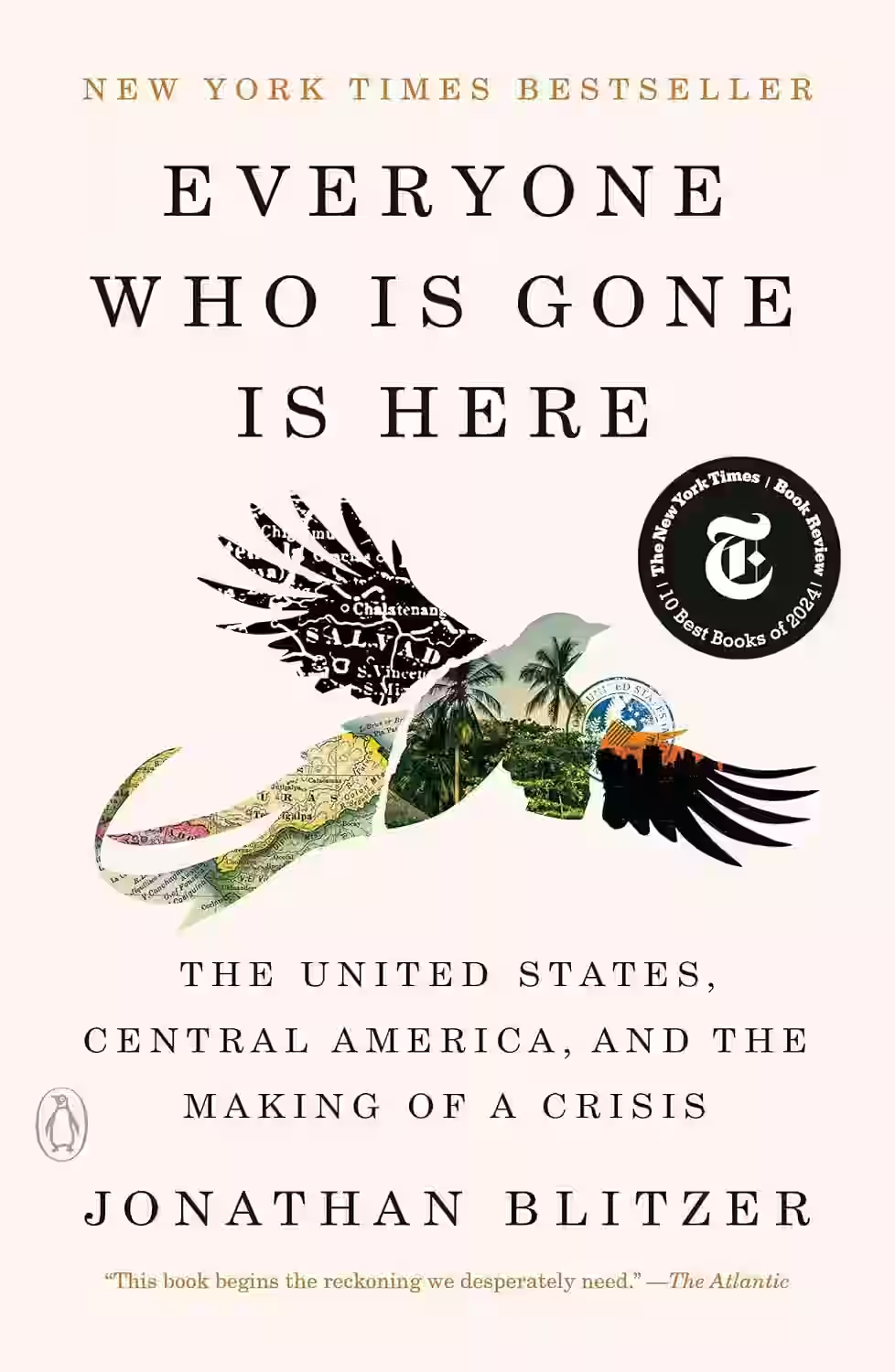
Everyone Who Is Gone Is Here
In Everyone Who Is Gone Is Here, Jonathan Blitzer examines Central American migration to the United States, focusing on El Salvador, Honduras, and Guatemala from the 1970s to the present day. The book weaves together individual narratives and historical analysis to illuminate the complexities of migration, U.S. foreign policy, and the resulting humanitarian crises. Blitzer's work provides a comprehensive look at the factors driving migration and the personal stories behind the headlines, offering a nuanced understanding of a pressing global issue.
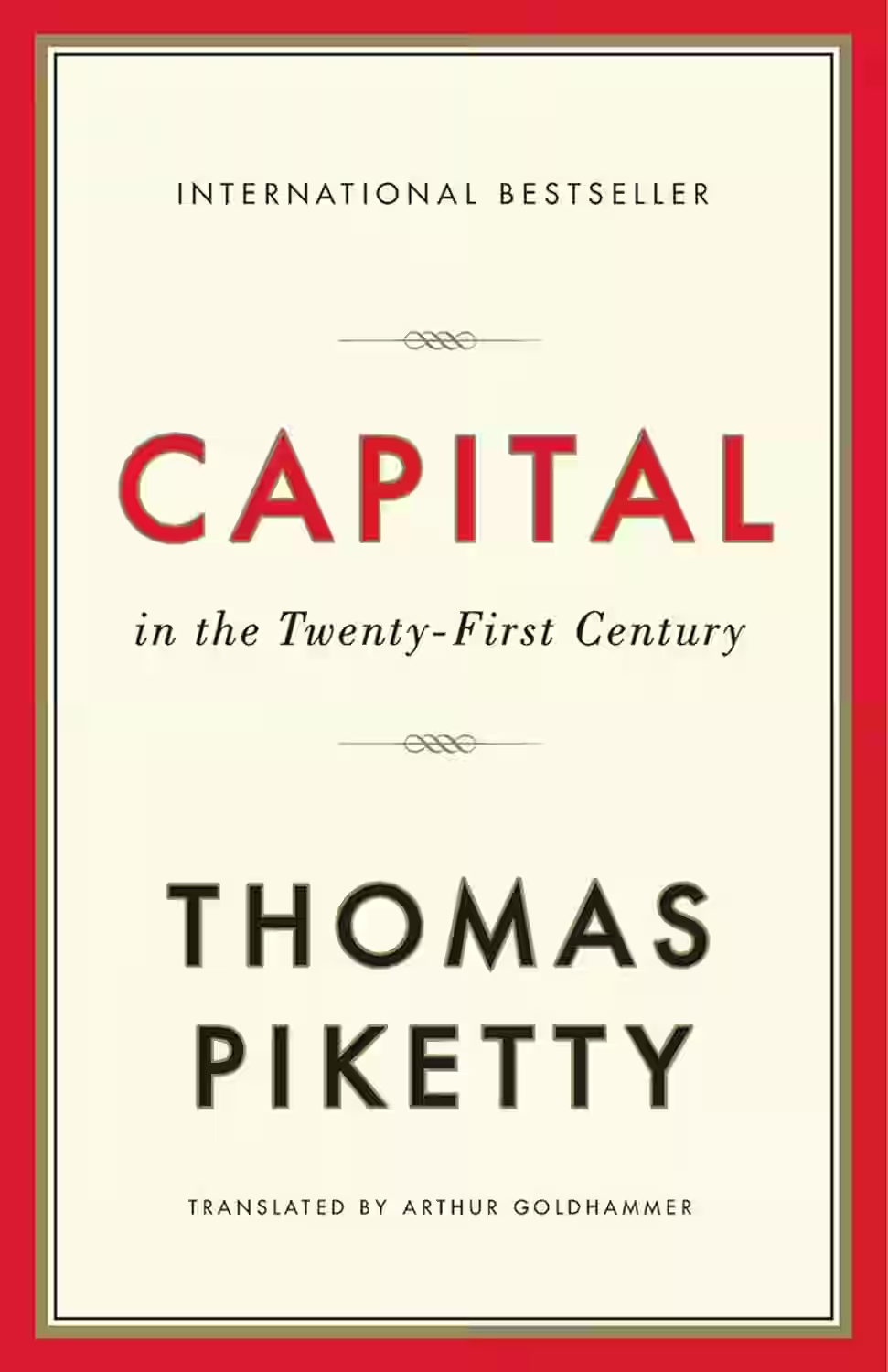
Capital in the Twenty-First Century
In 'Capital in the Twenty-First Century,' Thomas Piketty delves into the dynamics of wealth and income inequality, offering a comprehensive analysis of economic data spanning centuries. Through historical evidence and theoretical frameworks, Piketty explores how capitalism inherently leads to the concentration of wealth in the hands of a few, exacerbating social disparities. He emphasizes the role of inherited wealth and argues for a global wealth tax to address growing inequality. This seminal work challenges conventional economic theories and sparked worldwide debates on wealth distribution and taxation policies.